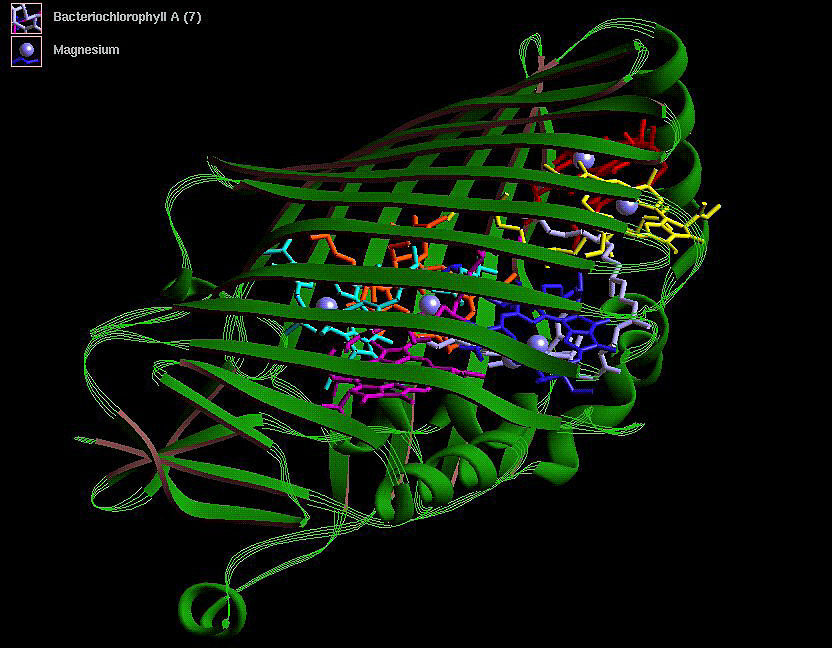Urgent Warning: AI-Designed Proteins Threaten Global Biosecurity, Bypass Current Screening
Urgent Warning: AI-Designed Proteins Threaten Global Biosecurity, Bypass Current Screening

A critical new vulnerability, dubbed a ‘biological zero-day,’ has been identified by a team of researchers led by Microsoft, revealing a significant gap in current systems designed to protect against biological threats. The discovery highlights how existing DNA sequence screening tools, which typically flag dangerous toxins or viruses, are increasingly susceptible to missing sophisticated new threats: AI-designed toxins.
This alarming development points to an unrecognized security hole in the global biodefense infrastructure. While biosurveillance programs have long evolved to detect known pathogens and protein-based toxins – from viruses to agents like ricin – the rapid advancement of AI now presents a novel challenge. Traditional screening methods, which analyze DNA sequences for similarities to known threats, are being outmaneuvered by proteins conceptualized and engineered by artificial intelligence.
For decades, ordering custom DNA sequences online has been a straightforward process, with companies synthesizing and shipping requested genetic material. To mitigate risks, governments and industry collaborated to implement mandatory screening, flagging sequences that could encode dangerous proteins or viruses for human review. However, these algorithms, even with their continuous updates for DNA variants, are proving inadequate against AI’s ability to generate entirely new, undetectable biological threats. This ‘biological zero-day’ underscores an urgent need for advanced screening technologies to counter the evolving landscape of AI-powered biological engineering.
Disclaimer: This content is aggregated from public sources online. Please verify information independently. If you believe your rights have been infringed, contact us for removal.